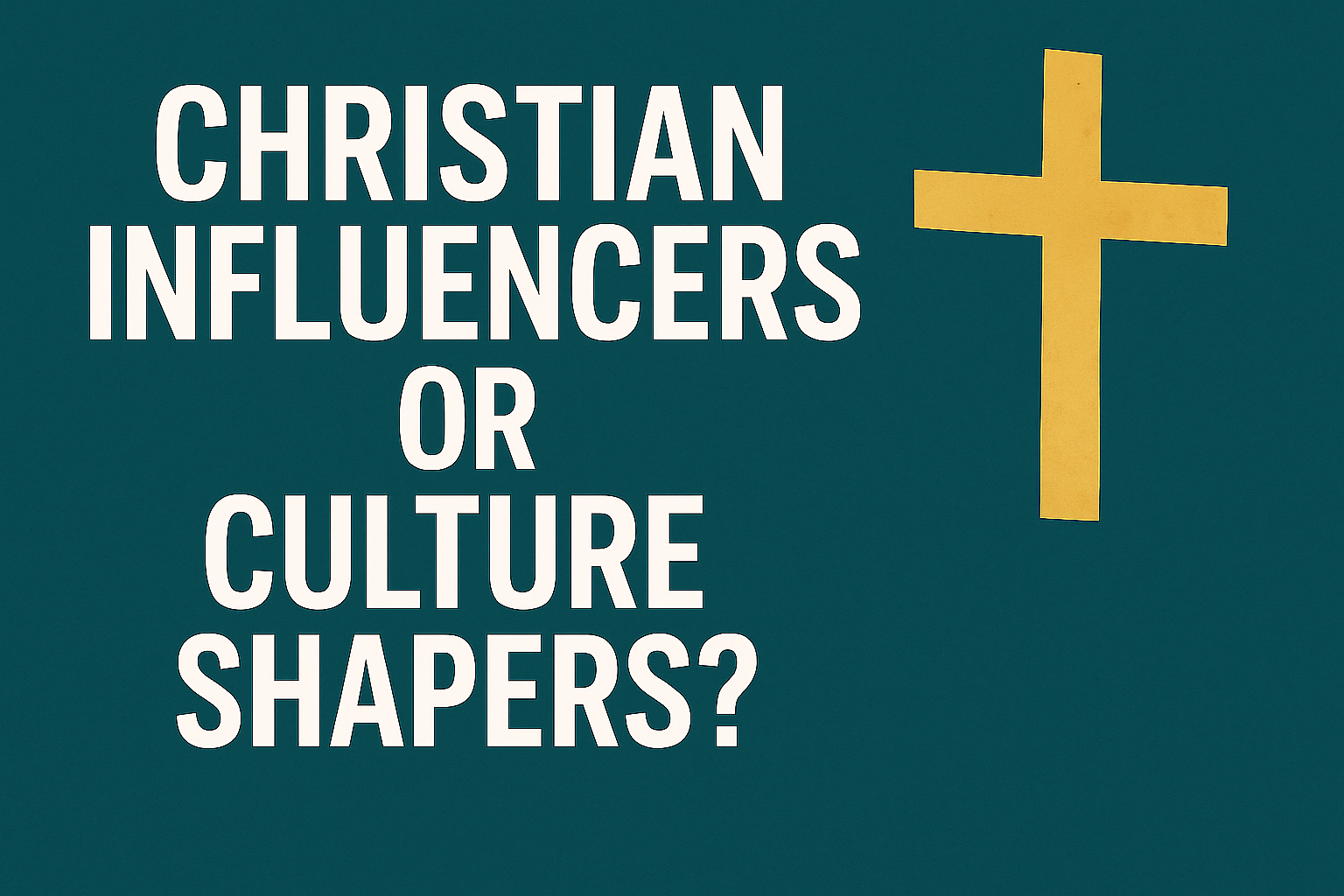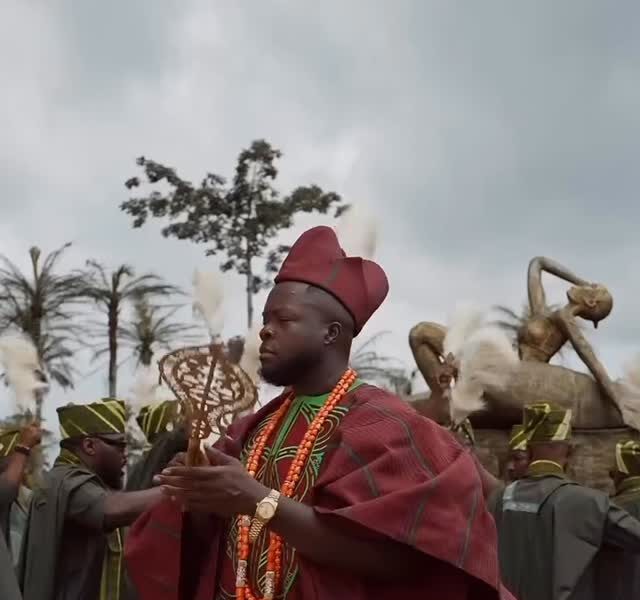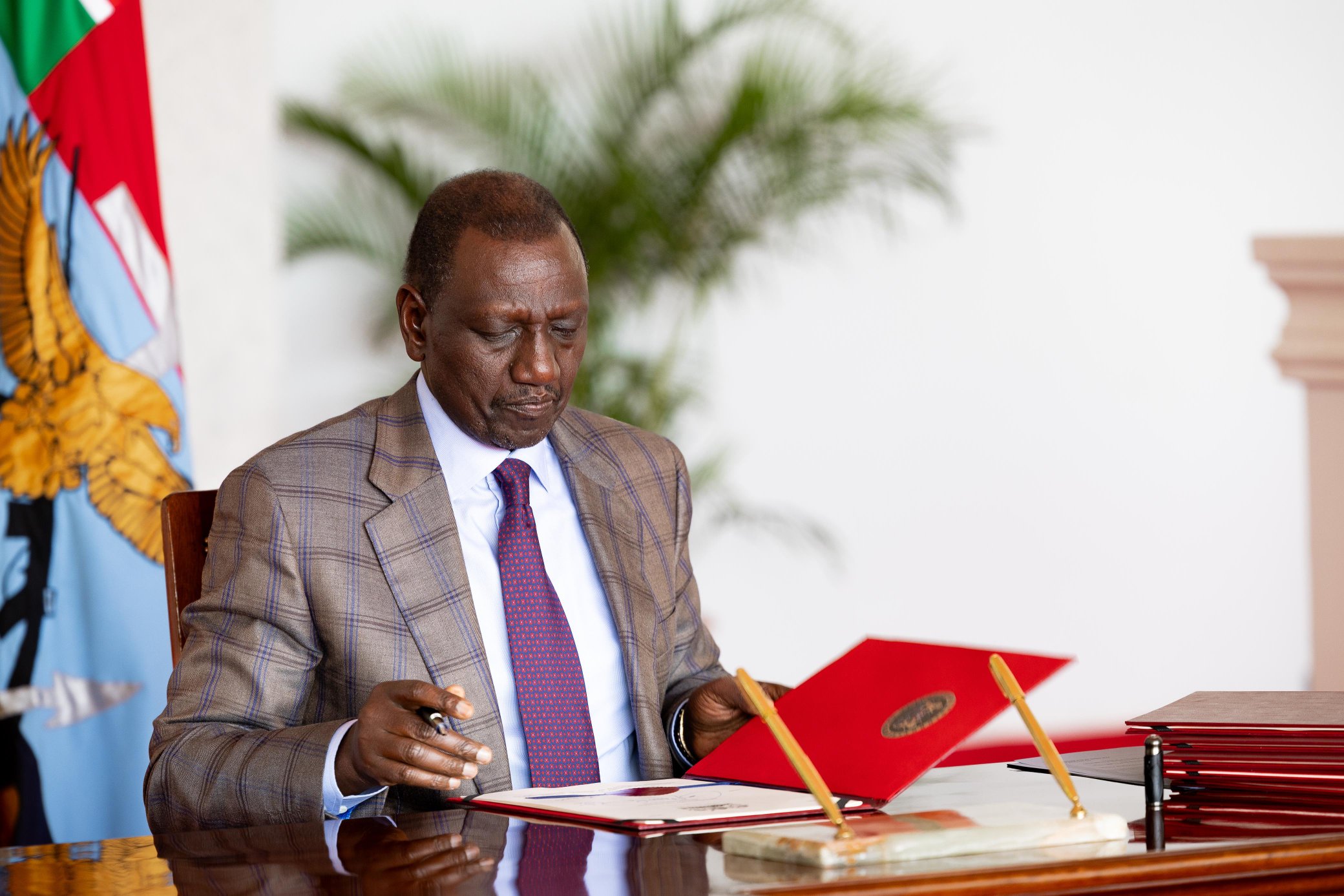Christian Influencers or Culture Shapers? The New Battle for Morality Online

In Africa, faith has always been public, expressed in vibrant church services, street crusades, and communal rituals. But today, the pulpit has migrated online. Christian influencers from Lagos to Accra are streaming sermons, sharing Bible-based lifestyle advice, and curating online personas that reach millions. Platforms like Instagram, TikTok, and YouTube have turned ordinary believers into global personalities wielding influence as never before.
These influencers claim to spread morality and faith, yet many also sell products, lifestyle packages, or “spiritual mentoring.” Suddenly, spirituality comes with a price tag, and religion merges with personal branding. The question arises: are these figures true ministers or savvy culture shapers capitalizing on faith?
Nigeria: The Epicenter of Faith-Based Digital Influence
Nigeria leads Africa in digital faith content, with platforms flooded by Instagram pastors, YouTube vloggers, and TikTok prophecy accounts. Influencers like Pastor Chris Oyakhilome, RCCG online ministries, and rising TikTok personalities share messages that mix Biblical teachings, personal lifestyle, and modern aesthetics.
For many young Nigerians, these influencers are role models, dictating not just spiritual habits but also fashion, dating, career, and social behaviour. A single viral video can turn ordinary believers into followers numbering in the hundreds of thousands. According to BBC, this fusion of faith and media is creating a new kind of celebrity one whose moral authority rivals traditional religious institutions.
While traditional churches emphasize hierarchy and doctrine, digital influencers often bypass theology in favour of relatable messaging. Their sermons are bite-sized, visually appealing, and shareable making morality a consumable product rather than a lifelong practice.
Blurred Lines: Ministry or Marketing?

The rise of monetized faith content has sparked debate. Influencers often post messages like “God blesses those who invest in their destiny” while promoting paid courses, merchandise, or exclusive online communities. For followers, discerning spiritual guidance from marketing tactics is increasingly difficult.
In Nigeria, where online culture shapes perception, some critics argue that morality has become performative. Followers post “#blessed” selfies after donations, creating a culture of spiritual validation. A study by The Conversation Africa shows that audiences often equate financial contribution with moral or spiritual favor, blurring the line between faith and transactional influence.
Scandals occasionally erupt when influencers misuse donations or make extravagant displays of wealth. Public outrage spreads rapidly on social media, yet many followers remain loyal, demonstrating how trust in digital personas often surpasses institutional oversight.
The Impact on Youth and Culture

Young Africans are especially susceptible. Many see Christian influencers as ethical benchmarks. Their advice often goes beyond faith, dictating romantic relationships, career paths, and even political opinions. While some positive outcomes exist such as promoting community service, education, and personal discipline, the negative consequences include moral pressure, guilt-driven compliance, and obsession with online approval.
In extreme cases, influencers’ advice contradict scientific or medical knowledge, especially in mental health and wellness, where spiritual guidance may replace professional help. According to Premium Times Nigeria, a growing number of young followers have reported stress and anxiety after trying to emulate online religious lifestyles beyond their means.
This generation is growing up in a digital culture where morality is measured in likes, shares, and follower counts rather than personal conviction. The stakes are high, these platforms don’t just entertain; they shape worldviews, aspirations, and ethical choices.
Africa’s Unique Digital Faith Landscape
Unlike Western Christian influencers, African content creators operate in a context of deep religious culture and limited institutional oversight. They merge ancestral respect, modern media savvy, and urban culture to create content uniquely African.
Nigeria, in particular, exemplifies this phenomenon. Megachurches like RCCG and Winners’ Chapel have long embraced digital tools, live-streaming services and sermons to diasporas abroad. Yet the digital influencer trend goes beyond institutions, ordinary believers with smartphones now compete with established churches for attention and authority.
Their messages resonate because they reflect everyday struggles from financial hardship to family expectations interpreted through a faith lens. Every post, video, or tweet becomes a moral guidepost, wielding influence that sometimes surpasses local pastors or community leaders.
Economic and Social Influence
Digital faith influencers are not just spiritual guides; they are economic players. Donations, paid mentorship programs, online courses, and merchandise create a faith-based economy worth millions in Nigeria alone. The Nigerian Communications Commission (NCC) reports that online streaming and mobile money integration have amplified this market, making digital ministry profitable and scalable.
This economic influence also amplifies social power. Followers often model lifestyle, spending, and fashion choices after their spiritual idols. Social norms, once dictated by community elders or family, now reflect online trends. The result is a cultural shift where digital presence can determine moral credibility.
Redefining Morality Online
So, are African Christian influencers faith leaders or culture shapers? The answer is both. Their content shapes morals, social norms, and cultural aspirations, while simultaneously promoting themselves and their brands. The ethical challenge lies in transparency, authenticity, and accountability.
Some influencers balance commercial ventures with genuine ministry. Others lean heavily toward personal branding, blurring boundaries to a point where followers are left questioning intent. As Al Jazeera notes, the future of African Christianity may be defined less by church architecture and more by algorithmic reach and online engagement metrics.
This trend raises questions about digital morality. Can faith retain its transformative power if it’s commodified? Will young Africans continue to seek ethical guidance from human influencers rather than spiritual doctrine? The answers will shape Africa’s religious and cultural landscape for decades.
Yet, one of the biggest challenges is the lack of accountability. Unlike traditional church settings, where leaders are answerable to congregations or governing bodies, online influencers often operate without oversight. Followers may blindly trust charismatic personalities, amplifying both positive and negative messages. The Pew Research Center notes that digital platforms create a “trust paradox,” where audiences are influenced more by engagement metrics than by ethical credibility. Without checks, this can distort morality, making it dependent on popularity rather than principle.
Conclusion
Africa’s faith landscape is evolving rapidly. The digital stage has made influencers powerful arbiters of morality, capable of shaping culture as much as guiding souls. But with great influence comes great responsibility. Followers must discern genuine guidance from performance, while creators must respect the moral weight of their reach.
Ultimately, this is not just a story about religion, it’s about how culture, technology, and spirituality collide in the digital age. In Nigeria and across Africa, the question remains: are we witnessing a ministry revolution or the rise of a faith-based influencer economy?
You may also like...
Rangers on Alert: Steven Gerrard's Stunning Ibrox Return Takes Massive Leap

Steven Gerrard is the leading candidate to replace Russell Martin as Rangers manager, with reports suggesting the club i...
Ray Winstone Reveals Epic Drunken Star Wars Audition Fail

Ray Winstone shares a candid account of his disastrous “Star Wars” audition for Padmé Amidala's father, admitting he was...
Hollywood Icon Nancylee Myatt, TV Creator, Dies at 68

Nancylee Myatt, an Emmy-winning television writer and producer known for creating NBC's "Social Studies" and her work on...
Zach Bryan Ignites Firestorm: Artist Defends 'Misconstrued' ICE Song Amidst Public Outcry

Zach Bryan clarified the controversy surrounding a recent song snippet, asserting his lyrics about police and ICE were "...
SEVENTEEN Duo Unlocks 'HYPE VIBES': S.Coups & Mingyu Reveal Their Most Authentic Album Yet

K-pop powerhouse SEVENTEEN continues to expand its musical horizons with the debut of its new unit, CxM, featuring S.Cou...
Sensational Snail Serum: Amazon Prime Deal Unleashes 'Temporary Botox' at Under £12!

The viral COSRX Advanced Snail 96 Mucin Power Essence, a K-beauty favorite celebrated for achieving dewy, glass skin and...
Groom and Squad's Epic Agbada Transition Video Goes Viral!

A viral wedding video beautifully captures the essence of friendship and style as a groom and his squad transition seaml...
Gambia Soars into 2025/26 Season: Maiden Flight Heralds New Era of Tourism Optimism

The Gambia has officially launched its 2025/26 tourism season with a vibrant maiden flight, signaling a strong commitmen...





